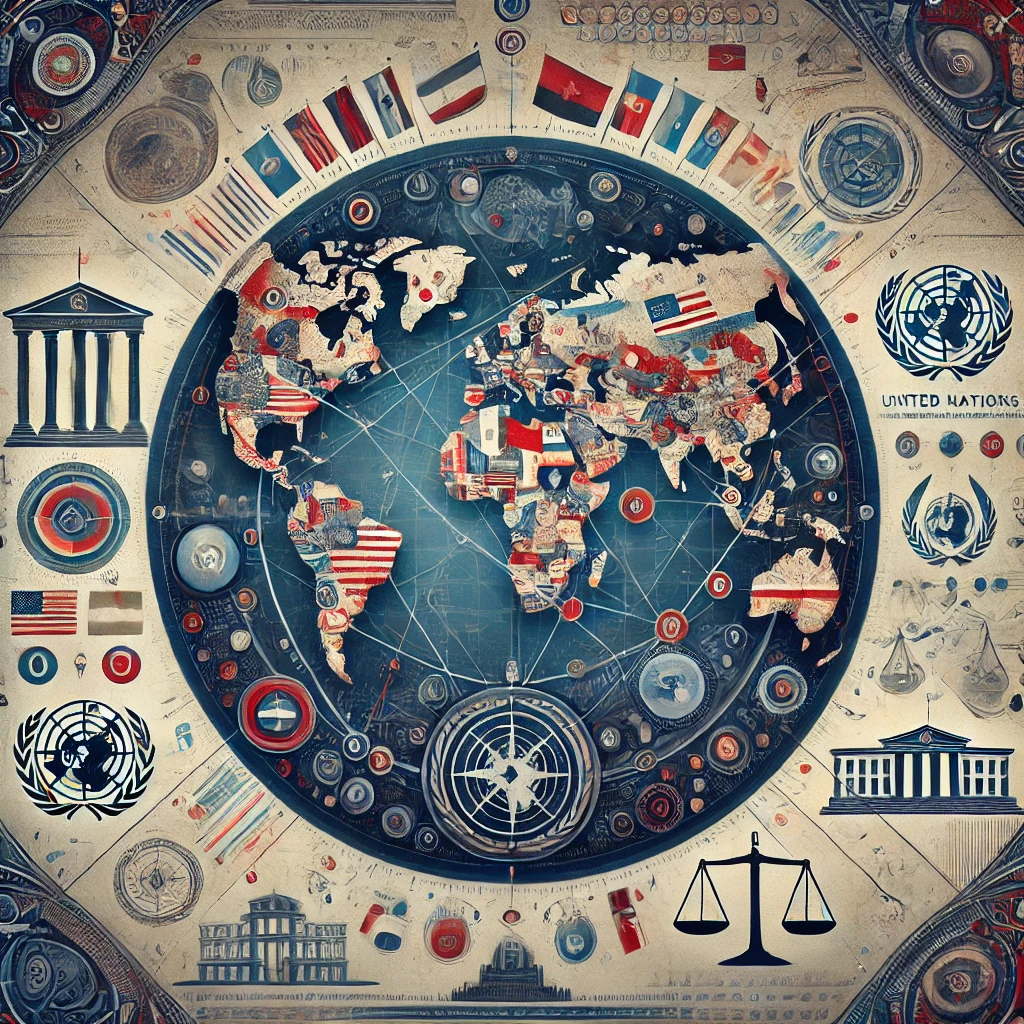In today’s volatile global landscape, political instability is an ever-present risk that can disrupt businesses, economies, Read More
Political instability can manifest in many forms, from protests and strikes to abrupt changes in government and policy. For businesses, these situations can lead to a range of challenges, including: While political instability presents significant challenges, businesses can adopt several strategies to mitigate risks and maintain operations. One of the most effective ways to protect against supply chain disruptions is to diversify suppliers and logistics partners. By sourcing materials and products from multiple regions or countries, businesses can reduce their dependency on any single source and mitigate the impact of local political unrest. Additionally, establishing relationships with alternative suppliers in stable regions can provide a crucial backup in times of crisis. To guard against market volatility, businesses can use financial instruments like hedging to protect against currency fluctuations, interest rate changes, and commodity price swings. Hedging allows businesses to lock in prices or exchange rates, providing a measure of financial stability in uncertain times. Keeping abreast of political developments is essential for businesses operating in volatile regions. By monitoring news, government announcements, and economic indicators, businesses can anticipate potential disruptions and respond proactively. Flexibility is key—businesses should be prepared to adapt their strategies quickly in response to changing circumstances. Political instability often leads to changes in laws and regulations. Businesses should ensure they have robust compliance processes in place to quickly adapt to new legal requirements. This may involve working closely with legal advisors or consultants to navigate complex regulatory environments. Being proactive in compliance can prevent costly legal disputes and fines down the line. In times of political unrest, businesses that have strong relationships with local communities often fare better. By engaging with community leaders, supporting local initiatives, and being responsive to the needs of residents, businesses can build goodwill that may help protect them from the worst effects of instability. Community support can be a valuable asset, especially in regions where government protection may be limited. For businesses in areas prone to violence or vandalism, investing in security measures is crucial. This may include physical security upgrades, such as reinforced facilities and surveillance systems, as well as cybersecurity measures to protect against digital threats. Employee safety should also be a priority, with clear protocols in place for emergency situations. To truly thrive amidst political instability, businesses should consider the following additional strategies: Political instability is an inevitable challenge in today’s globalized world, but it doesn’t have to spell disaster for businesses. By adopting a proactive approach, diversifying supply chains, staying informed, and strengthening community ties, businesses can build resilience and continue to thrive even in the most turbulent times. The key is to be prepared, flexible, and innovative, turning challenges into opportunities for growth. With the right strategies, your business can not only survive political unrest but also emerge stronger and more competitive. Understanding the Challenges of Political Instability
Overcoming the Challenges: Strategies for Resilience
Bonus Tips: Going Beyond Survival
Conclusion: Thriving in the Face of Uncertainty
Preparing for Political Instabilities: How Businesses Can Survive and Thrive Amidst Political Unrest
In today’s volatile global landscape, political instability is an ever-present risk that can disrupt businesses, economies, Read More






